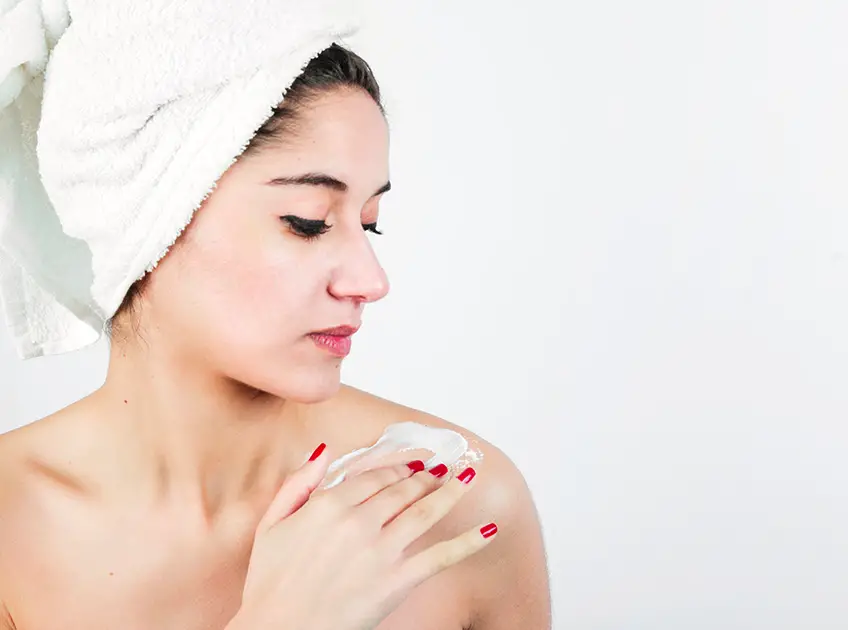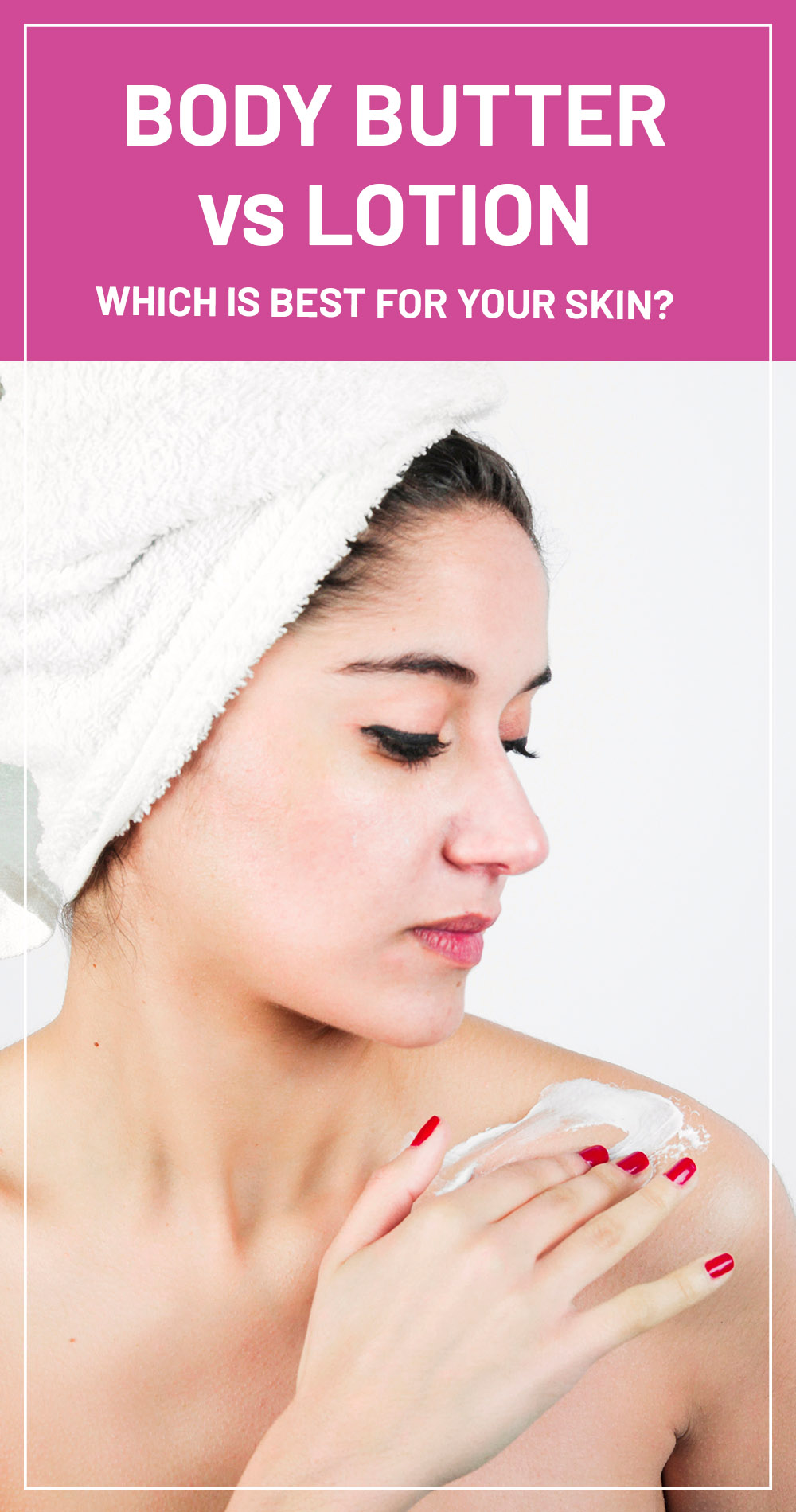
Important: This article is for informational purposes only. Please read our full disclaimer for more details.
Body lotion and body butter both play an important role in helping to keep our skin moisturized. Body butter is typically thicker than body lotion, and is best for very dry or damaged skin. Body lotion is lighter and more easily absorbed into the skin, making it a good choice for everyday use.
Difference Between Body Butter And Lotion
Ingredients
Body butter typically contains a higher percentage of fatty acids and oils than body lotion. This means that it is more effective at trapping moisture in the skin, making it a good choice for very dry skin. Body butter also often contains ingredients like beeswax or Shea butter, which can help to soothe and protect the skin.
Body lotion typically contains water as its main ingredient, along with emollients and humectants that help to lock moisture in the skin. Body lotions may also contain ingredients like glycerin or aloe vera that can help to soothe and protect the skin.
[ Read: 7 Best Body Lotions for Even Skin Tone ]
Uses
Body butter is best used after bathing, when the skin is still damp. This will help to lock in the moisture from your bath and prevent your skin from drying out. Body butter can also be used as a massage cream or an all-over body moisturizer.
Body lotion can be used all over the body, but is particularly effective on areas like the hands, feet, and elbows that are prone to dryness. Body lotion can also be used as a shaving cream or aftershave, and can help to soothe razor burn.
Benefits
Body butter is very effective at moisturizing the skin, and can help to protect the skin from further damage. Body butter is also often quite nourishing, and can help to improve the appearance of dry or damaged skin.
Body lotion is lighter and more easily absorbed into the skin, making it a good choice for everyday use. Body lotion can also be used to target specific areas of the body that are prone to dryness, such as the hands, feet, and elbows.
Best For
Body butter is typically best for very dry or damaged skin, while body lotion is a good choice for everyday use. Body butter can also be used as a massage cream or an all-over body moisturizer, while body lotion can be used to target specific areas of the body that are prone to dryness.
How often Should i Use
Body butter should be used as needed, depending on the level of moisture your skin needs. Body lotion can be used daily, or as needed.
Shelf Life
Body butter has a shelf life of up to 1 year, when stored in a cool, dark place. Body lotion has a shelf life of up to 2 years, when stored in a cool, dark place.
Should I Put Body Butter Or Lotion On First?
Body lotion should be applied first, followed by body butter. This will help to lock the moisture from the body lotion into your skin, and prevent your skin from drying out.
How Long Does It Last?
Body butter typically lasts for up to 6 hours, while body lotion typically lasts for up to 3 hours.
Safety Tips
Body butter and body lotion are generally safe for most people to use. However, if you have sensitive skin, it is always a good idea to test the product on a small area of skin first. Body butter and body lotion can also cause acne in some people, so it is important to choose products that are oil-free and non-comedogenic.
hope this helps! if you have any other questions, please feel free to ask!
Also, check:
- What Is The Difference Between White And Yellow Shea Butter
- Difference Between Beard Balm And Beard Butter
- Difference Between Coconut Oil And Coconut Butter
- How to Use Cocoa Butter for Scars?
- Difference Between Cheese And Butter
- Difference Between Sweet Cream And Butter
- Difference Between Unrefined And Refined Shea Butter
- How to Use Cocoa Butter for Stretch Marks?
















